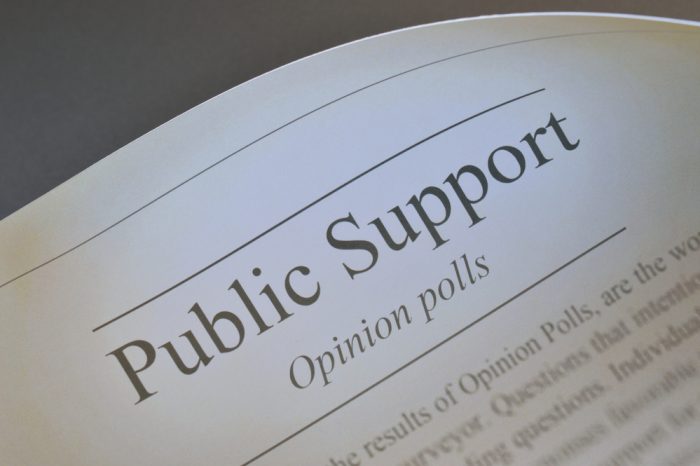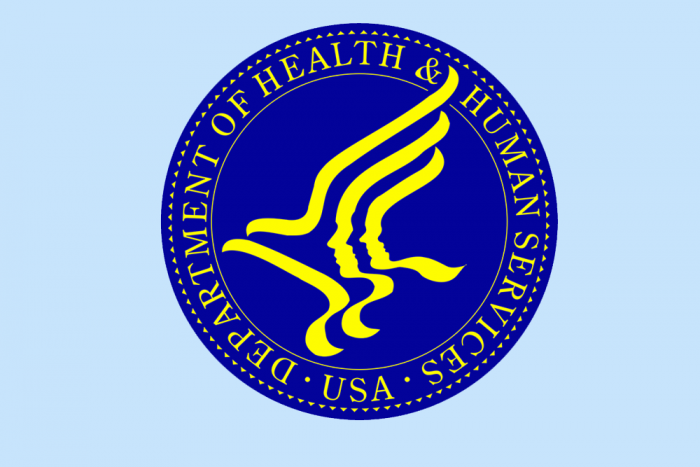Providers are invited to attend a virtual informational session regarding the proposed regulatory chapters for Residential Services for Children. This session will provide highlights of the key changes being proposed to regulations governing child residential settings (including parent/child settings and outdoor programs), secure detention, and secure residential facilities. These proposed regulatory chapters are identified as:
- 55 Pa. Code Chapter 3900 Child and Youth Facility Requirements
- 55 Pa. Code Chapter 3910 Child Residential Facilities
- 55 Pa. Code Chapter 3920 Secure Residential and Secure Detention Facilities for Youth
These proposed regulatory chapters currently are under review within the Governor’s Office, and the Office of Children, Youth, Families (OCYF) is projecting publication in the last quarter of calendar year 2025. There will be a 60-day comment period following publication of the proposed regulations.
In advance of publication, however, OCYF is extending the opportunity to attend an informational session to highlight proposed key changes to existing practices.
DATE: There are two dates you can attend. The content will be the same at each session.
TIME: 1:00 pm – 3:00 pm (the same for both sessions)
RCPA, as part of the Children’s Residential Services and Children’s MH Division, will be assembling a regulatory review team as part of the regulatory promulgation and public comment process. RCPA has performed a similar review for the PRTF, Crisis, IBHS, and Outpatient Psychiatric processes, as well as a host of other DHS regulatory efforts.
If you are interested in being a part of this review, please contact RCPA Mental Health Policy Associate Emma Sharp. RCPA will convene a Chapter 3900 Work Group within a week of the OCYF presentation.















